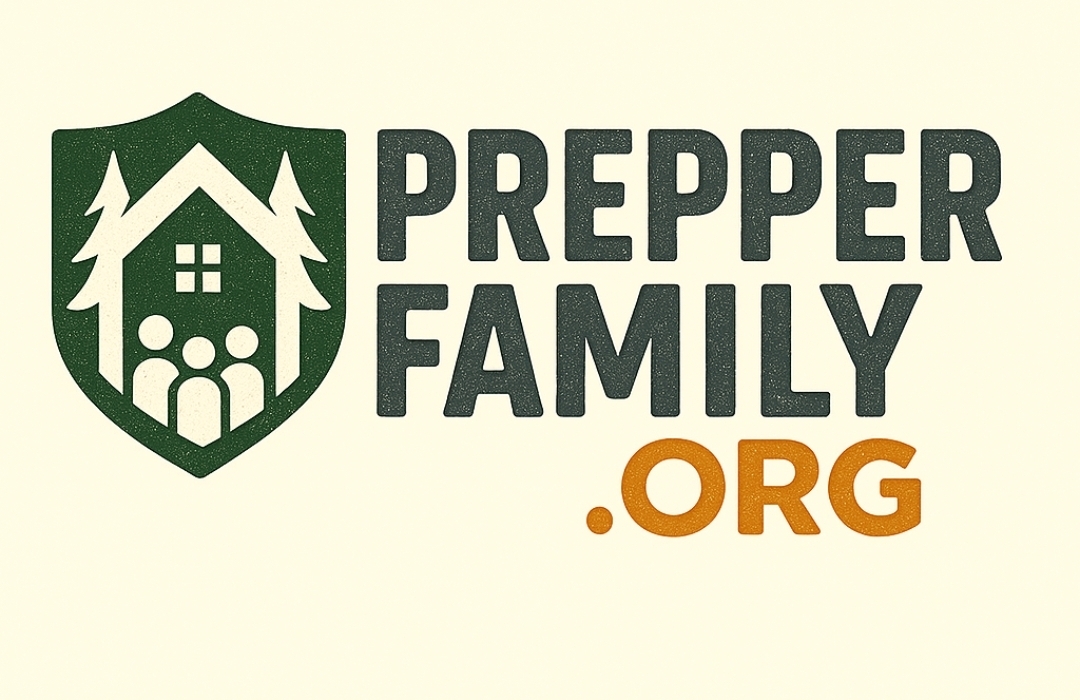📖 The Word as the Heart of the Home
The Christian home —ecclesia domestica— is called to be a sanctuary where the Word of God resounds with the same authority as proclaimed in the liturgy.
1 📖 Biblical Foundation
God commands that His Law be “repeated to the children” and inscribed into the customs of the home.
Narrating the works of God ensures the next generation does not forget His wonders.
Scripture instructs, corrects, and prepares “the man of God for every good work.”
“Let the word of Christ dwell in you richly.” Common singing and reading build up charity.
2 📖 Spiritual Benefits
Sacramental Unity
The Word heard and discussed in the family acts as a spiritual pre-communion, orienting hearts toward Sunday Eucharist.
Moral Discernment
By confronting culture with Revelation, members acquire sound judgment against ideologies contrary to human dignity.
Transmission of Faith
The practical experience of reading, praying, and discussing Scripture engrains the depositum fidei into the children’s affective memory.
Strength in Trials
Families who daily savor the comfort of Scripture show greater resilience in economic, cultural, or spiritual crises.
Encouragement of Prayer
Reading naturally leads to praise, thanksgiving, and intercession, perfecting family prayer.
3 📖 How to Begin
Choose the Sacred Text
Obtain a Catholic Bible with 73 books, preferably with short introductions and notes.
Mark a “Yes, Lord” on the Calendar
Set aside a fixed daily time (10–15 min) and mark it as unmovable, just like a doctor’s appointment.
Create a Symbolic Space
Place the Bible enthroned on a simple lectern, with a candle or icon to remind of Christ–the Word’s presence.
Roles and Participation
Distribute tasks: main reader, antiphon reader (children), and reflection guide (father or mother).
Lectio-Dialogal Method
Lectio (attentive reading) → Short Silence → Resonance (each shares a phrase that touched them) → Oratio (spontaneous petitions) → Conclusion with the Our Father.
4 📖 Practical Suggestions
Beginners: 3 days a week, 10 min.
Intermediate: Monday to Friday, 15 min.
Advanced: daily lectio with responsorial psalm; on Sundays, commentary on the Sunday Gospel.
For families with small children, it is helpful to start with an illustrated Bible or short dramatizations.
1 week stories (Genesis), 1 week psalms, 1 week Gospel, 1 week epistles; prevents monotony.
During the week, each child memorizes a verse and applies it in a concrete act of fraternal charity.
At week’s end, each member shares the passage that most transformed them and why.
Reduce distractions: devices off the table, warm lighting, 2 minutes of silence beforehand.
5 📖 Recommended Scripture Passages
| Level | Theme | Suggested Text | Reason |
|---|---|---|---|
| Initiation (~ 10 years) |
Creation | Gen 1:1–2:3 | Clear narrative, wonder at God’s work. |
| Good Shepherd | Ps 23 | Relatable image, filial trust. | |
| Multiplication of Loaves | Jn 6:1–15 | Teaches providence and solidarity. | |
| Growth (11–15 years) |
Young Vocation | 1 Sam 3:1–10 | Identity and listening. |
| Parable of the Prodigal Son | Lk 15:11–32 | Mercy and responsible freedom. | |
| Armor of God | Eph 6:10–18 | Spiritual warfare, vivid symbolism. | |
| Maturity (~ 16 years) |
Practical Wisdom | Jas 1:19–27 | Faith–works coherence. |
| Marital Charity | Eph 5:21–33 | Theology of marriage. | |
| Escatological Hope | Rev 21:1–7 | Eternal horizon, steadfastness in trials. |
📖 Why a Catholic Bible with 73 Books
The Church, guided by the Holy Spirit, defined in the Councils of Hippo (393), Carthage III (397) and solemnly ratified at the Council of Trent (1546) the canon including the so-called Deuterocanonical books. These texts—Wisdom, Sirach, 1–2 Maccabees, Tobit, Judith, and Baruch—enrich family catechesis with crucial themes: martyrdom for the faith, intercession of the saints, purifying almsgiving, divine providence in domestic life. Using an incomplete Bible would impoverish the experience and fracture doctrinal unity with the universal Church.
📖 📖 Conclusion
Incorporating Sacred Scripture into family life is not a pious add-on, but an act of loving obedience that upholds parental authority, strengthens the virtue of the children, and makes the home a beacon radiating the light of Christ in the midst of a frequently adverse culture.
📖 Question for Family Dialogue:
After the first week of reading, which word or verse would you most like to see fully embodied in our family, and how could we cooperate with grace to achieve it?
📖 Recommended Bibles
📖 Article Sources
Copy all the Super Sources from this article in one click so you can research further in detail.
Dt 6:4–9
Jos 24:15
Ps 78:1–8
2 Tim 3:14–17
Col 3:16–17
Second Vatican Council, Dei Verbum, nn. 21–25
Catechism of the Catholic Church, nn. 131–133; 2204–2206
…and more
Support this project without spending more
Your usual purchase can make the difference
Enter Amazon through any of our links
Secure affiliate links.
If you do not want the recommended product, simply search for what you really need
Choose any product and shop as usual.
That’s it! It’s that simple.
With your purchase, Amazon sends a small commission to PrepperFamily.org for qualifying purchases.



